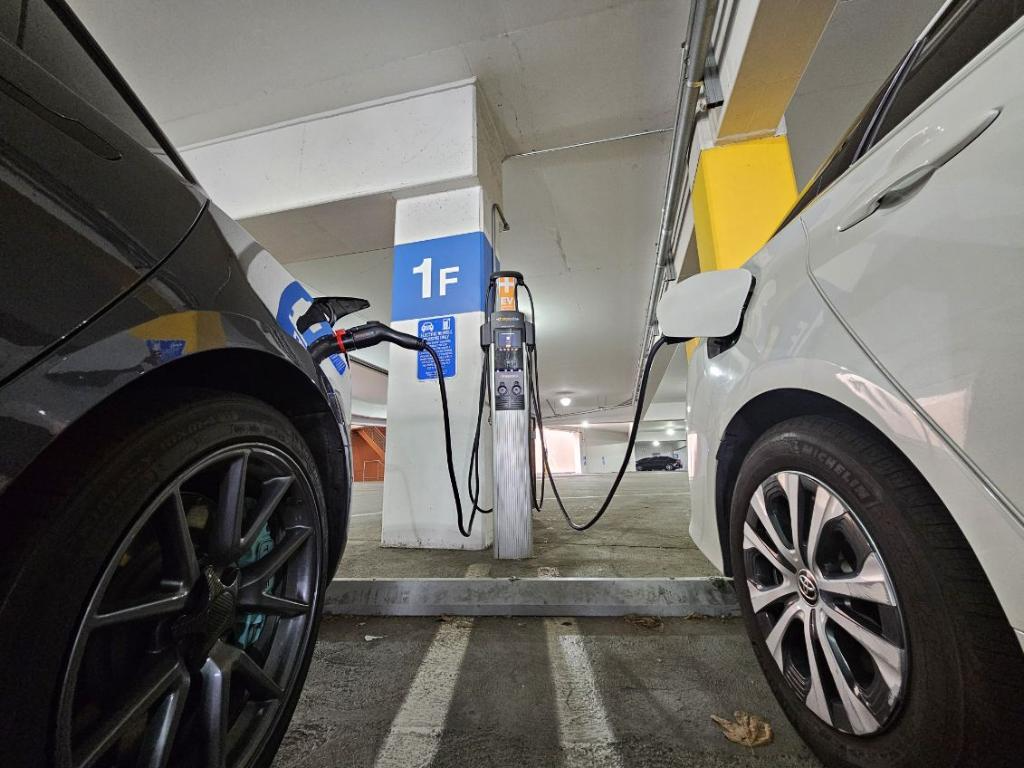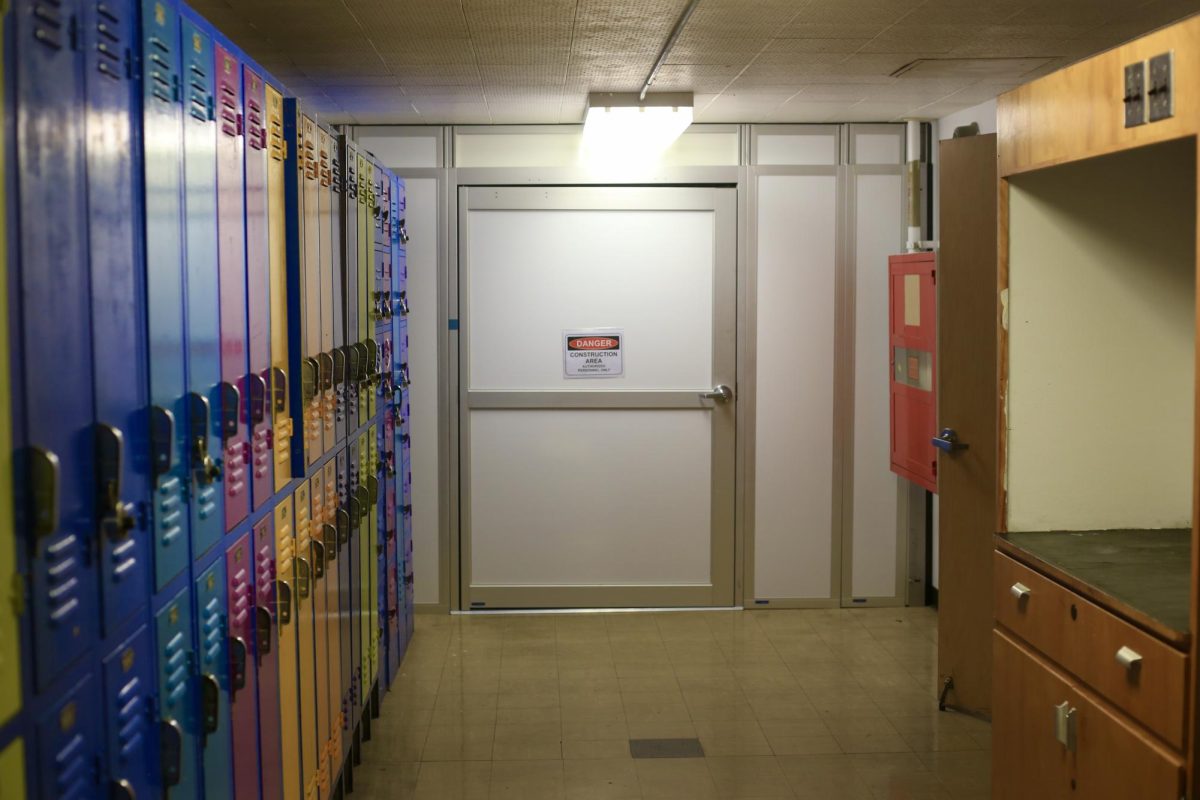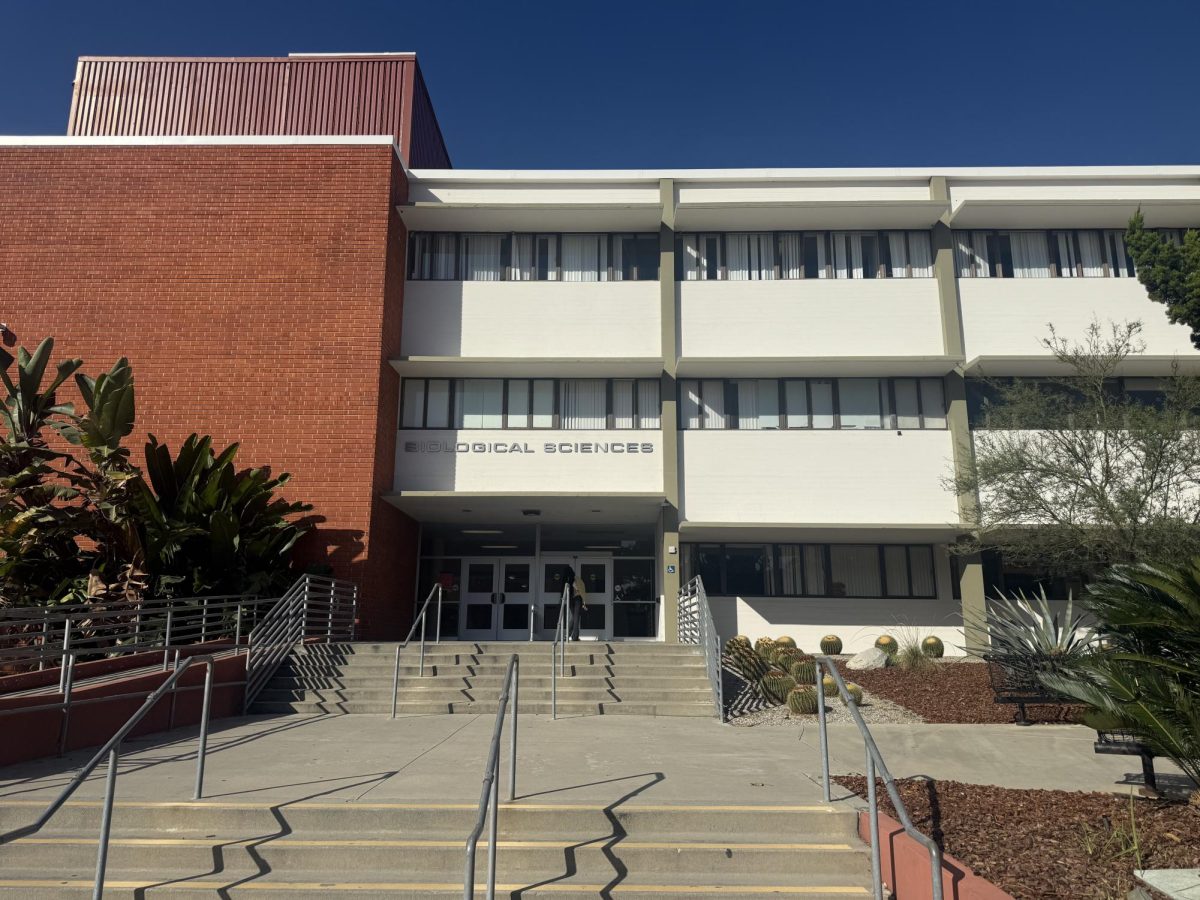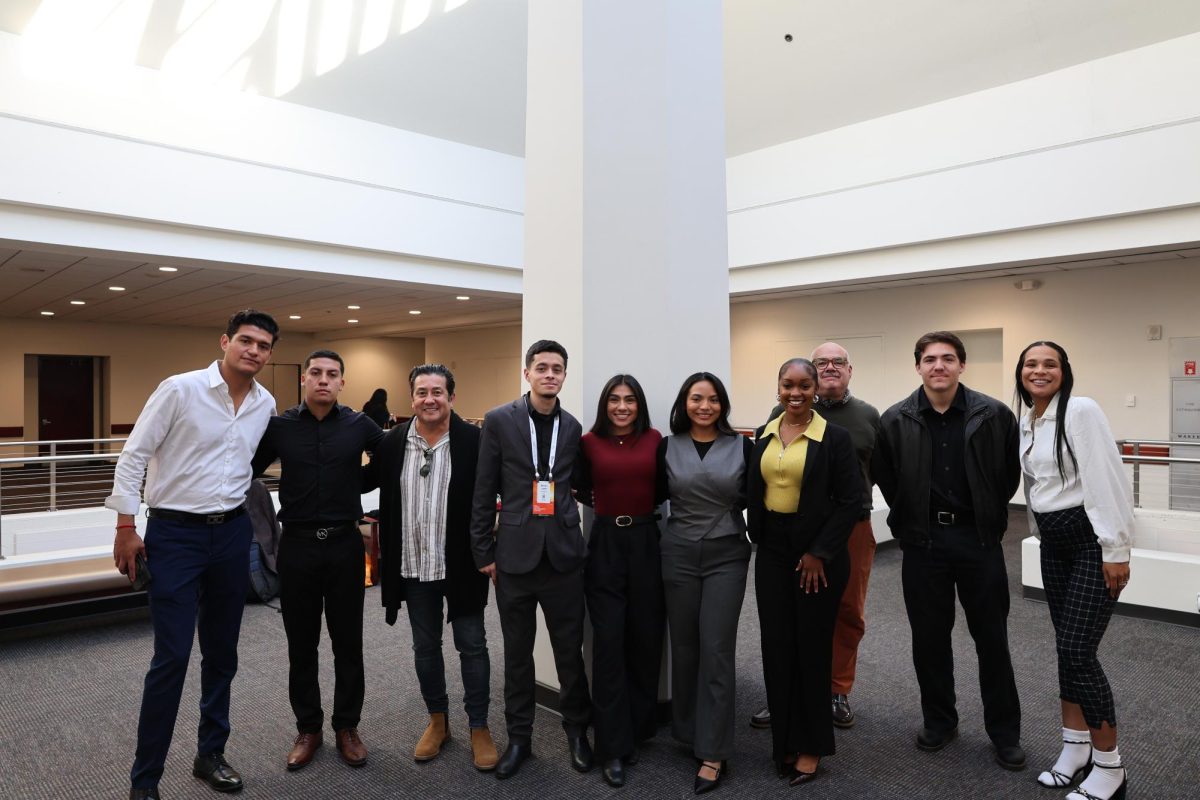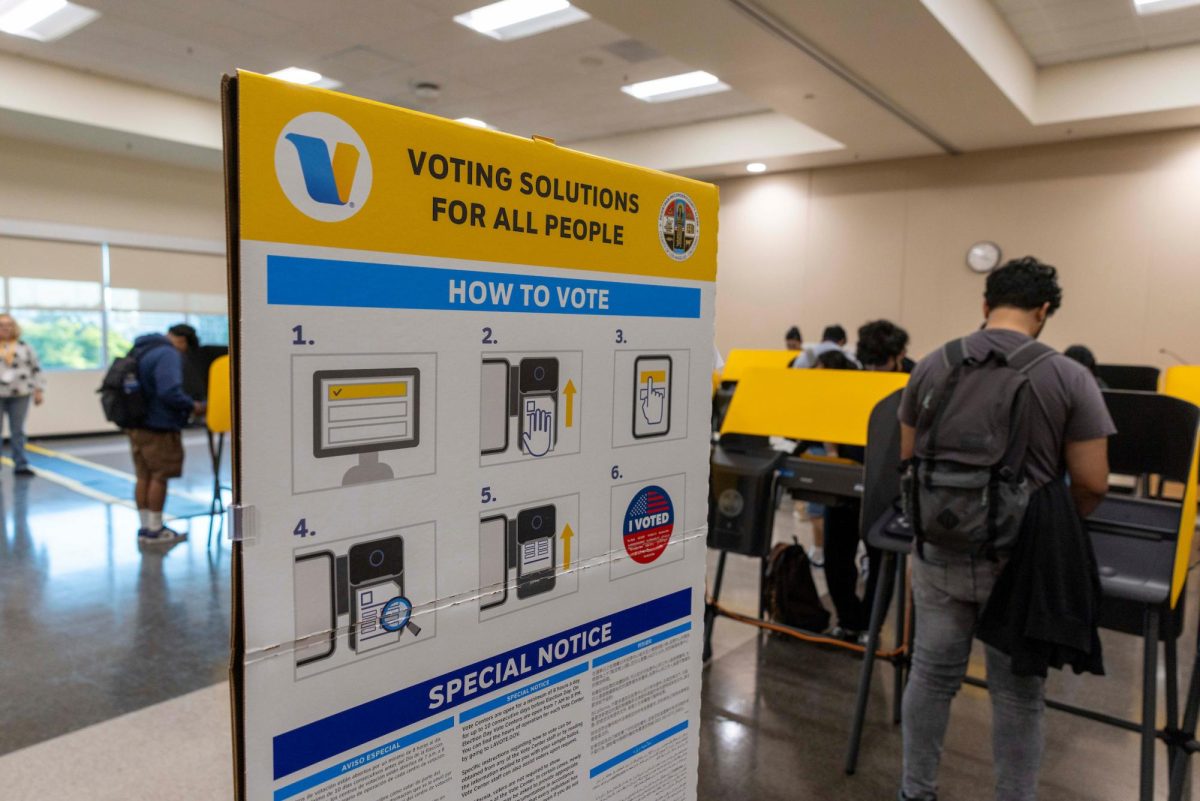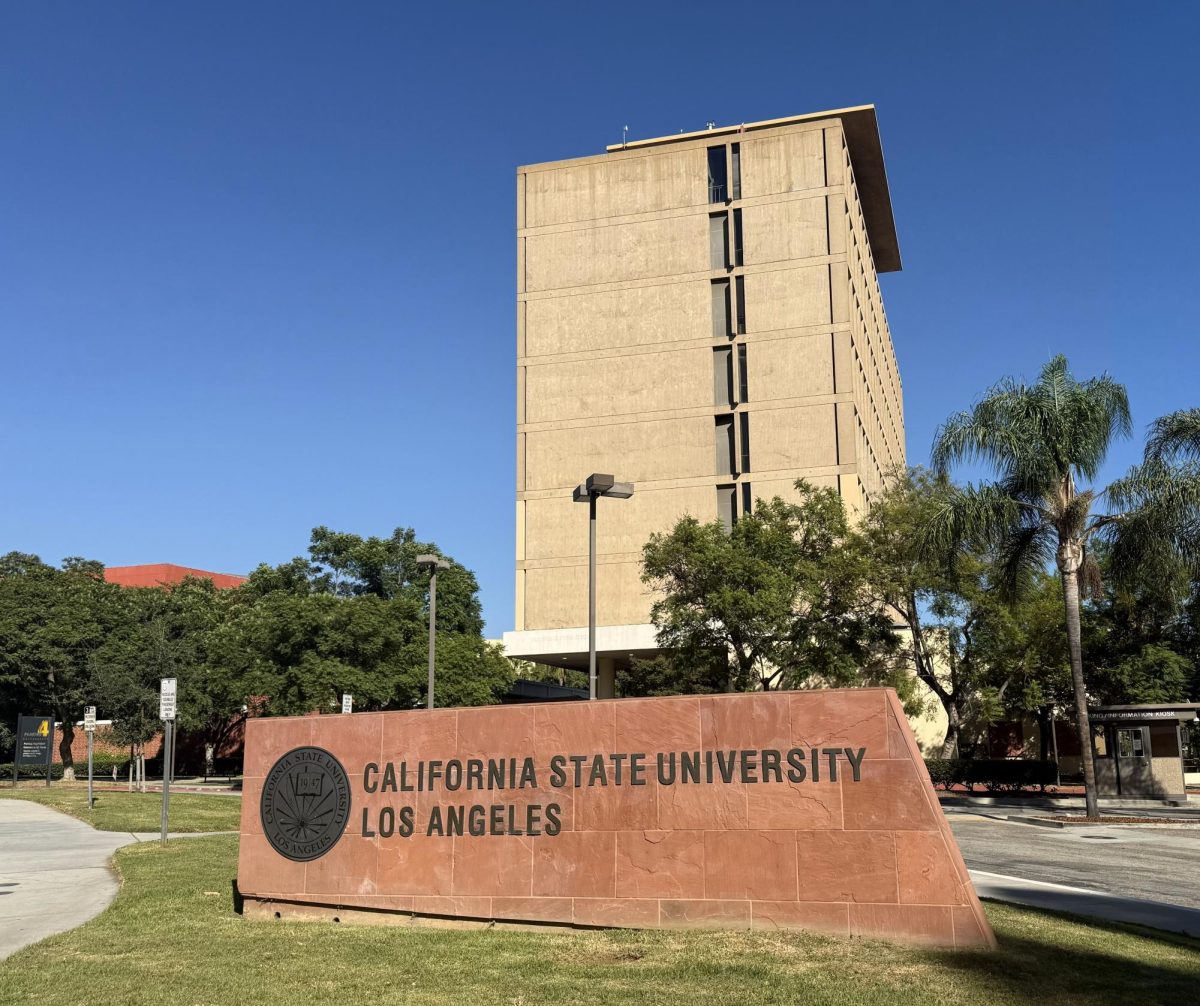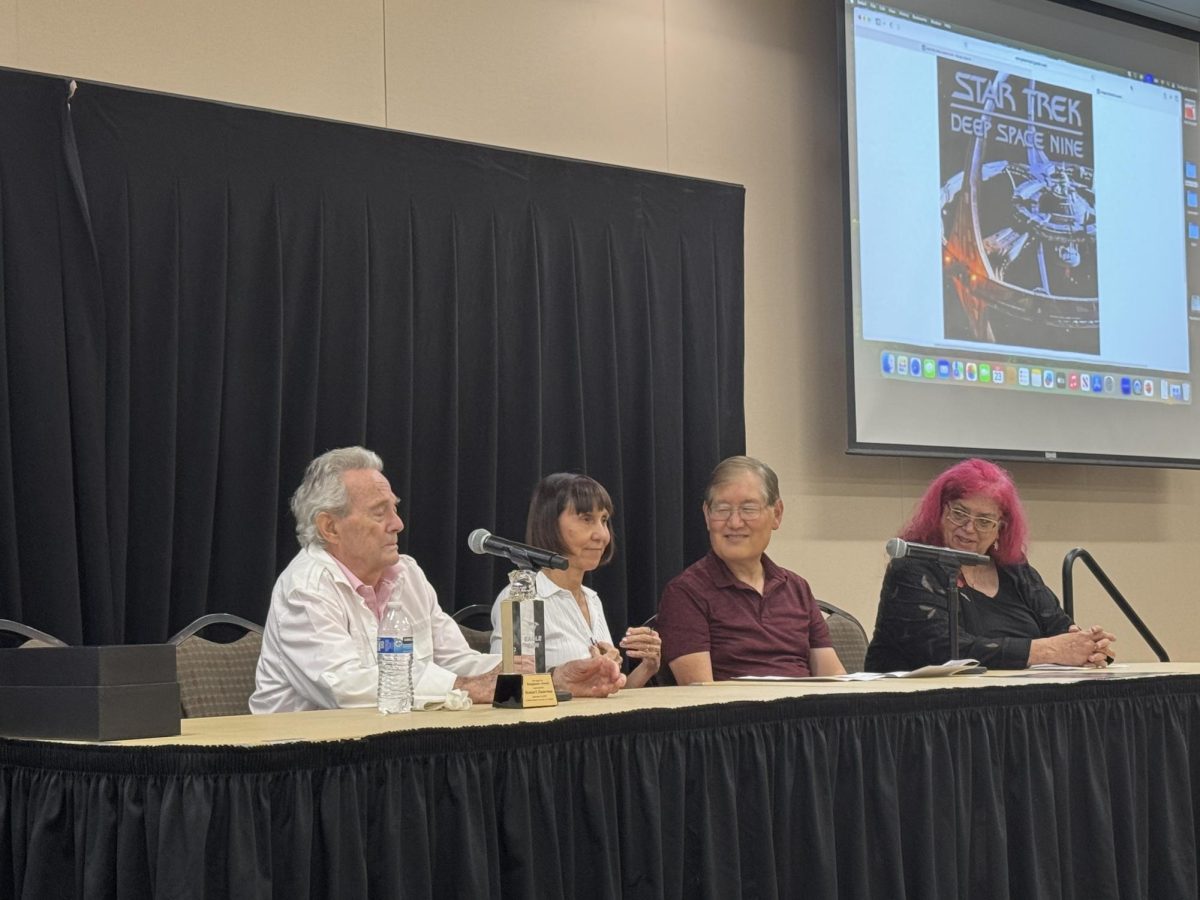As recent theft and vandalism concerns remain elevated for some students using the parking lots at Cal State LA, the Associated Students Inc. (ASI) brought those conversations to the table at the semestrial Alternative Transportation Committee meeting.
Weeks ago, the ASI Board of Directors met with Director of Parking and Transportation Carmen Gachupin and Chief of Campus Police Larry Bohannon, to share ongoing student concerns. Some areas of opportunity that came up were surveillance and security of parking lots and the city-wide 10% parking tax that went into effect in January 2023.
ASI recently passed a resolution opposing the parking tax and plans to work with its external affairs vice president to lobby against the matter, seeking exemption from the tax as an educational institution, according to ASI President Yahir Flores.
Although Parking and Transportation has its hands tied and must comply with the city-implemented tax, as student government, ASI has more leeway in advocating for exemption, according to the organization.
“We’d like to meet with folks in L.A. City Council or someone in the mayor’s office to be able to get more insight on having Cal State LA and other surrounding institutions like East Los Angeles College and Cal State Northridge to have collective exemptions,” Flores said.
As it is an election year and the primaries just passed, Flores said that being able to secure a sit-down with legislators has been challenging, however, ASI recently attended candidate forums for those running for the CD-14 seat and brought these conversations to candidates.
For now, officials are focusing on the changes they can make, with plans to replace and restore parts on electric vehicle (EV) parking stations across campus. In time, the department said that it would like to add additional EV spaces.
“We are partnering with a new supplier to upgrade the current [EV] stations during the summer,” Gachupin said. “Many of them are in need of repairs and replacement parts. Once all the current stations are replaced, we will look at expanding the inventory.”
Gachupin said that maintaining current charging stations and adding more down the line aligns with the university’s commitment to environmental sustainability and reducing greenhouse gas emissions. While upgrades are planned for the summer, there is no clear timetable for when additional EV spots will become available – although the process is likely a lengthy one. After finding a location for additional spaces, officials would need to hire an electrical engineering firm to design the plan, negotiate pricing, and find sources of funding, according to Gachupin.
Cal State LA currently has 63 charging stations on campus, with 57 of those spots being level two charging stations and six being level three, according to Gachupin. The difference between the two levels is output. Level two stations are standard and are often found in homes, putting out between three to 20 kW of power. Level three stations, also known as direct current fast charging, typically put out anywhere from 20 to 50 kW of power, according to ChargeHub, an online guide for EV users.
The current cost for level three charging on campus is $0.49 per kW hour, while level two charging is free.
While there is no plan to increase the price of charging following maintenance, Parking and Transportation said any pricing and policy changes will be communicated with EV drivers and the campus community prior to implementation.

